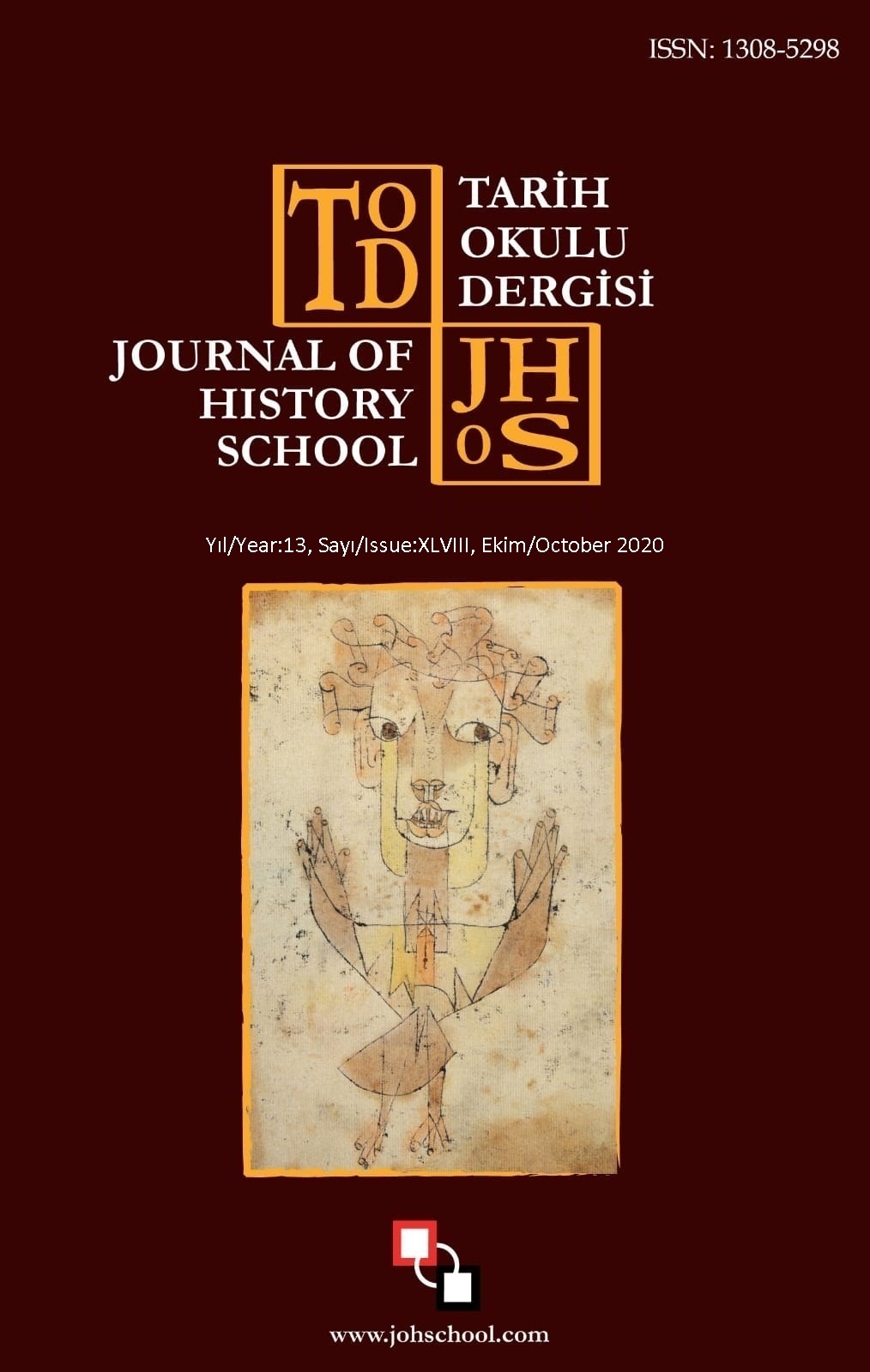ÖĞRETMEN GÖRÜŞLERİNE GÖRE UZAKTAN EĞİTİMİN GELECEĞİ VE GÜNCEL DURUMDA TÜRK MİLLİ EĞİTİM TEMEL İLKELERİ BAĞLAMINDA UYGUNLUĞU
Author :
Abstract
Bu araştırmada zorunlu uzaktan öğretimi deneyimlemiş öğretmenlerin uzaktan eğitimin geleceğine ve güncel durumda Türk milli eğitiminin temel ilkelerine uygunluğuna yönelik görüşleri incelenerek literatüre katkı sağlamak hedeflenmiştir. Amaçlı örneklem yöntemiyle araştırmaya Adıyaman’ın Kahta ilçesinde lise düzeyinde bir devlet okulunda çalışan 16 branş öğretmeni dahil edilmiş ve yarı yapılandırılmış görüşme formuyla toplanan veriler betimsel ve içerik analizine tabi tutulmuştur. Bulgular okumayı ve verileri karşılaştırmayı kolaylaştırmak için iki tabloda özetlenmiştir. Araştırmanın bulgularına göre katılımcılar uzaktan eğitimin gelecekte vazgeçilmez olacağını, eğitim sisteminde bireysel öğrenmeye, harmanlanmış öğrenmeye, uzmanlaşmaya, yaşam boyu öğrenmeye hizmet edeceğini ve öğretmen niteliklerinin değişmesine yol açacağını düşünmektedirler. Ayrıca teknoloji entegrasyonu sayesinde öğrenmeyi mekândan soyutlayarak telafi edici, tamamlayıcı gibi fonksiyonları olacağı görüşündedirler. Temel ilkeler açısından coğrafi (bölgesel altyapı), ekonomik (maddi gelir vb.), toplumsal faktörlerden (kardeş sayısı vb.) dolayı fırsat eşitliği oluşmadığını düşünmektedirler. Buna rağmen eğitimin devam etmesi süreklilik ilkesine, mekân bağımsızlığının her yerde eğitim ilkesine, engelli/hasta öğrenciler için eğitim hakkı ilkesine, teknoloji kullanımının bilimsellik ilkesine hizmet ettiği sonucuna ulaşılmıştır.
Keywords
Abstract
The present study purported participant teachers’ opinions of compulsory distance education in terms of the future of distance education and the basic principles of Turkish national education. Participants were composed of sixteen high school branch teachers on a voluntary basis. Research was conducted via a semi-structured interview form. The collected data were analyzed using descriptive and content analysis. According to findings of the research, participants thought that distance education would be indispensable in the future. Participants also thought that distance education would trigger autodidactic, individual learning, blended learning, specialization, and lifelong learning. Findings also implied that distance teaching would alter the teacher qualifications. Participants reported that distance education might function as a compensative and complementary with the aid of technology integration and space independence. In terms of basic principles, participants emphasized that there was no equal opportunity due to geographical (regional infrastructure), economic (family income etc.) and social factors (number of siblings etc.). However, it has been concluded that the continuation of education served the principle of continuity, and the independence of space served the principle of education everywhere. The participants had the consensus that the distance education served the right to education for disabled/sick students, and the use of technology served the principle of scientificness.
